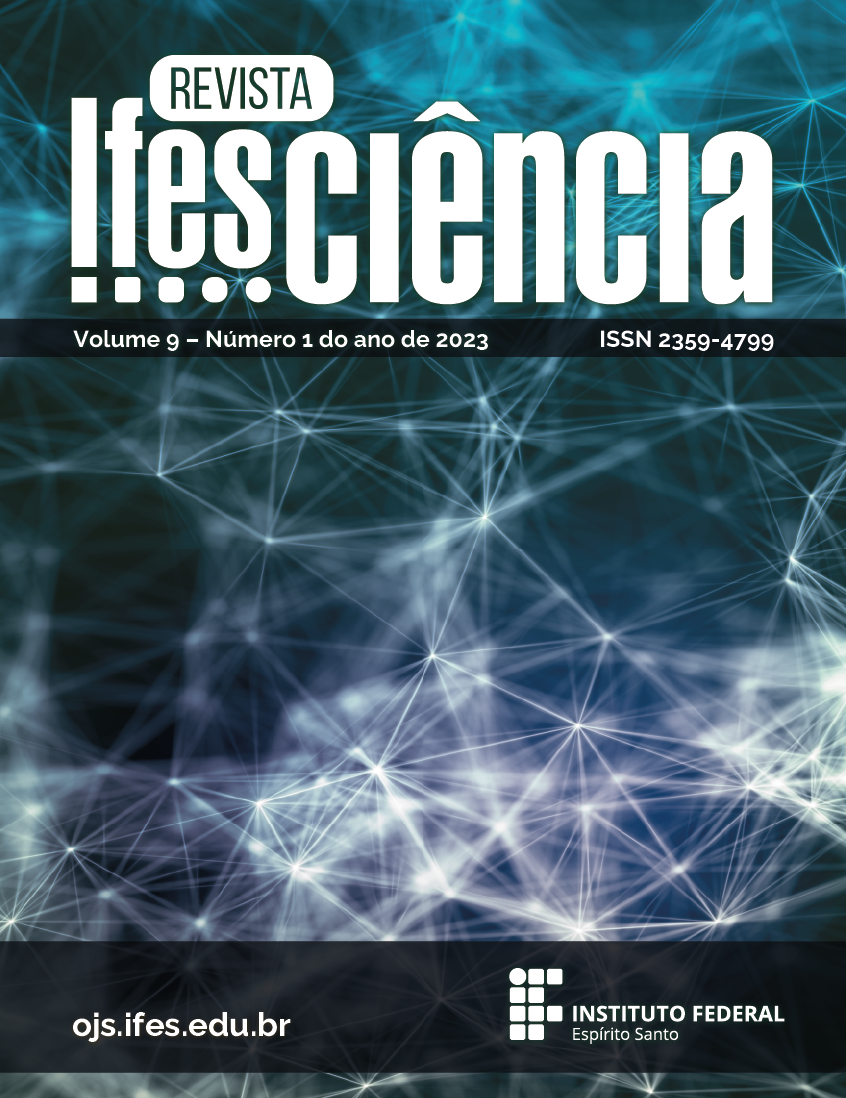GENETIC DISSIMILARITY IN JABUTICABA (Plinia peruviana (poir.) govaerts) IN NORTH OF STATE ESPÍRITO SANTO, BRAZIL
DOI:
https://doi.org/10.36524/ric.v9i1.1890Palabras clave:
Myrtaceae, molecular marker, Genetics, Atlantic ForestResumen
Jabuticaba (Plinia peruviana (Poir.) Govaerts) is a plant rich in compounds that are very useful in industry. Its fruits are the basis for a range of food and pharmaceutical products. Due to the great potential of this species, information about genetic structure of these plants allows us to understand factors linked to quality, in addition to guiding crosses to improve this species for commercial purposes. Thus, we sought to understand the pattern of genetic diversity of jabuticaba found in the northern region of Espírito Santo State, Brazil, using ISSR markers. The results of the dissimilarity values, obtained by the Jaccard index, grouped the 19 accessions studied into five groups. The pair of accessions 10 and 19 showed the highest dissimilarity value, being indicated in crosses aiming at increasing heterozygosity. Accessions 16 and 18 had a lower dissimilarity value, being promising in introgression and gene association studies, due to the narrow genetic basis between the materials. Accessions 1, 4, 12, and 15 are the most divergent and can be indicated for random artificial crossings.
Descargas
Publicado
Número
Sección
Licencia
Derechos de autor 2023 Revista Ifes Ciência

Esta obra está bajo una licencia internacional Creative Commons Atribución-NoComercial-SinDerivadas 4.0.
Autores que publicam nesta revista concordam com os seguintes termos:
- Autores mantém os direitos autorais e concedem à revista o direito de primeira publicação, com o trabalho simultaneamente licenciado sob a Licença Creative Commons Attribution que permite o compartilhamento do trabalho com reconhecimento da autoria e publicação inicial nesta revista.
b. Autores têm permissão e são estimulados a publicar e distribuir seu trabalho online (ex.: em repositórios institucionais ou na sua página pessoal) a qualquer ponto antes ou durante o processo editorial, já que isso pode gerar alterações produtivas, bem como aumentar o impacto e a citação do trabalho publicado (Veja O Efeito do Acesso Livre).



